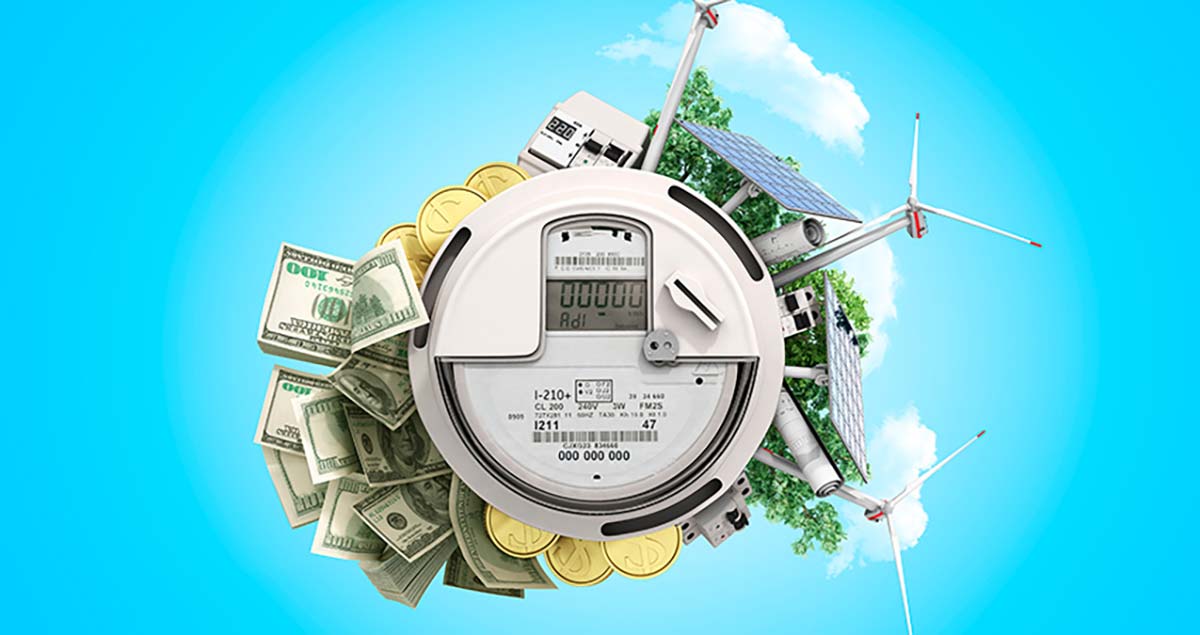Why Solar Storage: When is it Right for You
It is appropriate to add solar storage when:
- Energy Resilience is Crucial: If you live in an area with frequent power outages or unreliable grid access, solar storage ensures a consistent power supply during outages.
- Maximizing Solar Energy Usage: When you want to use solar energy generated during the day at night or during high-consumption periods, solar storage helps optimize your solar system's output.
- Time-of-Use Billing: If your utility charges higher rates during peak times, storing solar energy when rates are lower and using it during peak times can result in significant cost savings.
- Off-Grid Living or Remote Locations: For homes or businesses in remote areas without access to the grid or with expensive grid connections, solar storage ensures a consistent power supply without relying on the grid.
- Energy Independence Goals: If you aim to reduce reliance on the grid and achieve a high level of energy independence, adding solar storage is a strategic move to achieve this goal.
Solar Storage Options: Powering Your Home Day and Night
Switching to solar power is a substantial step towards a cleaner, more sustainable future. It's not just about utilizing renewable energy; it's about maximizing its benefits and ensuring power availability even when the sun isn't shining. Solar storage solutions are key to achieving this. Let's explore these options from a customer's perspective.
Understanding Solar Storage
Solar storage systems, often in the form of batteries, store excess electricity generated by your solar panels. This stored energy can be used later, such as during the evening or on cloudy days when solar production is low. Essentially, solar storage helps you become more self-sufficient and less reliant on the grid.
Benefits for Homeowners
1. Energy Independence
With solar storage, you're not entirely dependent on the grid. You have a reliable power source even during outages or emergencies.
2. Maximized Solar Energy Usage
Any excess solar energy you generate during the day that isn't immediately used gets stored. This stored energy can be used at night or during high-consumption periods.
3. Reduced Energy Bills
By utilizing stored solar energy during peak times, you can significantly lower your energy bills, as you draw less from the grid.
4. Environmentally Friendly
By using stored solar power, you're reducing your reliance on traditional power sources, ultimately lowering your carbon footprint.
Types of Solar Storage
Solar Batteries – These are rechargeable batteries that store excess electricity for later use. Popular options include lithium-ion batteries known for their efficiency and durability. Multiple batteries can be combined to create larger storage capacity. A range of manufacturers are available such as Tesla, Panasonic, Sunrun and others.
Considerations When Choosing Storage
Blackouts: Are you in a high blackout region? If so, solar may make sense for you.
Net Metering: Has your utility company enacted net metering (NEM) rules that make it more difficult to sell electricity back to the utility company? If so, batteries may be the only way that going solar makes sense from a financial perspective.
Storage Capacity: Consider your energy needs and choose a system with an appropriate storage capacity to meet your requirements during low solar production periods.
Cost vs. Savings: Evaluate the initial cost of the storage system against the potential savings on your energy bills to ensure it's a sound investment.
Integration with Solar Panels: Ensure compatibility and seamless integration between your solar panels and the chosen storage option for efficient energy capture and storage.
Making the Right Choice
Selecting the right solar storage option is a significant decision. It's crucial to assess your energy consumption patterns, budget, and long-term energy goals. Consult with solar experts to understand your options and find a storage solution that aligns with your needs, empowering you to harness solar energy day and night. Solar storage not only elevates your solar experience but also contributes to a greener, more sustainable planet.
